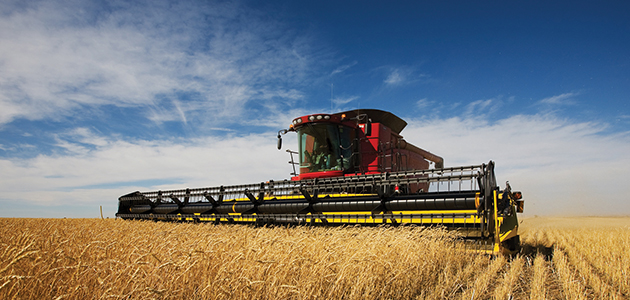Although it may sound simple, checking your farming machinery can not only be a matter of meeting the Health and Safety at Work Act (HASAWA) but it can ultimately be a matter of life and death. With farming previously specified as one of the most dangerous occupations, according to FWI, as an employer you must take all the precautions you can in order to look after you and your employees.
Agricultural motor vehicles and trailers are subject to the provisions of Health and Safety and are covered by the HASAWA. However, just because they are not subject to the usual MOT requirements of other road going vehicles, it doesn’t mean that the safety of them is any less regulated and good housekeeping principles should be employed.
10 checks you should do every day in order to keep users and the surrounding area a safe place to work:
• Flashing/warning lights
• Mirrors
• Wipers and windscreen visibility
• Tyre condition & wheel fixings
• Effectiveness of brakes & handbrake
• Fluid levels - water/oil/brake fluid
• Correct operation of safety guards
• All vehicle lights
• Correct attachment/coupling of implements/accessories
• Machinery is clean and free from dust build ups, particularly during warm & dry weather conditions
Regulations state machinery must be regularly checked, maintained, in a good state of repair and efficient state and working order. This specifically relates to the health & safety parts of all machinery: particularly PTO’s and their guards, brakes, hydraulic and hoses etc. Maintenance logs must be kept up to date and documented with regular service intervals as required by the manufacturer.
Much of this is vital to creating a safe working environment. And we know, sometimes you may not have the time; but this is just a couple of minutes from each day that could potentially prevent fatalities.


